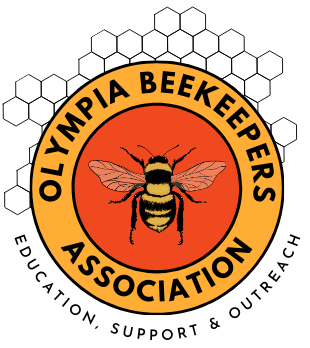The OBA is going to make a bulk jar order. This is for jars for packaging the honey we will sell at the Thurston County Fair and other outreach events. We are giving members the ability to add to this order, thus helping us get lower bulk pricing. This year we are ordering in bulk (more…)
OBA Secretary OBA Member – 4 years A fun fact or quote: Our beekeeping motto is “Make more bees!” Q: How long have you been a Beekeeper? A: We took a beekeeping apprenticeship course through OBA and became a member after that. We’ve been members for about four years. Q: Describe why you became a (more…)
Nathan Alan OBA President OBA Member – 10 years Q: How long have you been a Beekeeper? A: I’ve been a member for about 10 years. I became a member right after I took a Beekeeping Apprenticeship Course. I remember I got bees the very first year I was a member. Q: Describe why you (more…)
OBA Mentorship Representative OBA Member – 3 years Fun fact – Washington is home to at least 600 species of native bees! Q: How long have you been a Beekeeper? A: 5 years Q: Describe why you became a Beekeeper and your overall beekeeping strategy. A: I wanted a hobby and beekeeping was something to (more…)
